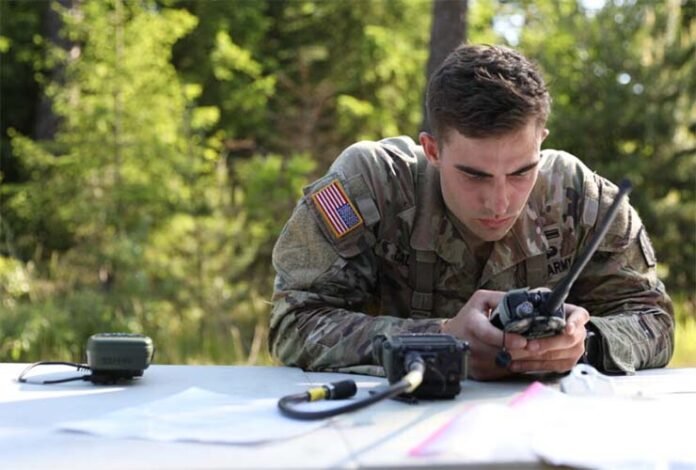Washington: After nearly two decades in development, the Pentagon’s sprawling effort to make GPS signals harder to jam just cannot seem to get out from under delay upon delay across all segments — space, ground and user equipment — according to a new report by the Government Accountability Office (GAO).
“Many of the programs that are part of the GPS modernisation effort had significant development challenges that resulted in cost overruns and years of delays to implementing M-code capability. These delays increase risk to the war fighter as adversaries continue to develop and field technology that can compromise GPS signals,” states the report “GPS Modernisation: Delays Continue in Delivering More Secure Capability for the War fighter,” released on September 9.
To make matters worse, according to the government watchdog, the Defence Department is now facing down a possible shortage of microchips and processor cards to allow ground vehicles, ships and aircraft to access GPS at all.
The Space Force is responsible for the space segment, and has made some progress in fixing “some technical and manufacturing challenges” in development of the GPS III and GPS IIIF satellites, designed to replace the older versions now operating, the GAO report says.
But as a result of having to make those fixes, the service now is pushing up against the boundaries of its schedule.
“Further delays could risk DOD’s goal to have 24 M-code-capable satellites in continuous operation through the 2030s,” the report says.
Raksha Anirveda's editorial desk team brings in the collective experience of creative professionals - a fine mix of senior copy editors, writers, proofreaders and designers. Working as a team, they continuously create, manage, and curate content to sustain the magazine's profile and reputation in line with market trends and achieve magazine's goal.




